Optimal Timing for Shower Installations
Determining the optimal time for shower installations involves considering factors such as weather conditions, project complexity, and personal schedules. Typically, indoor installations can be scheduled year-round, but timing may influence convenience and efficiency.
Installing showers during milder weather can facilitate easier access to outdoor resources and reduce delays caused by extreme temperatures.
Complex installations with custom features may require longer planning and scheduling, best suited for periods with fewer project overlaps.
Aligning installation dates with personal availability can minimize disruptions and ensure proper supervision during the process.
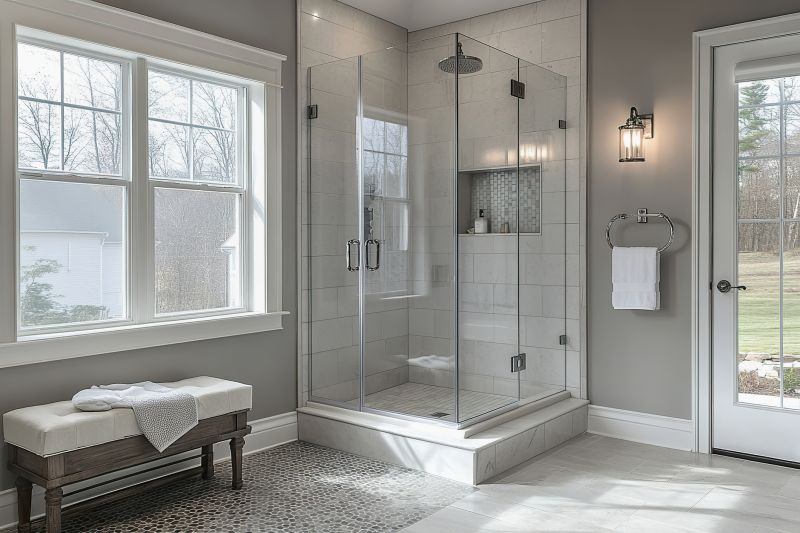
Image of a professional installing a shower unit in a modern bathroom.
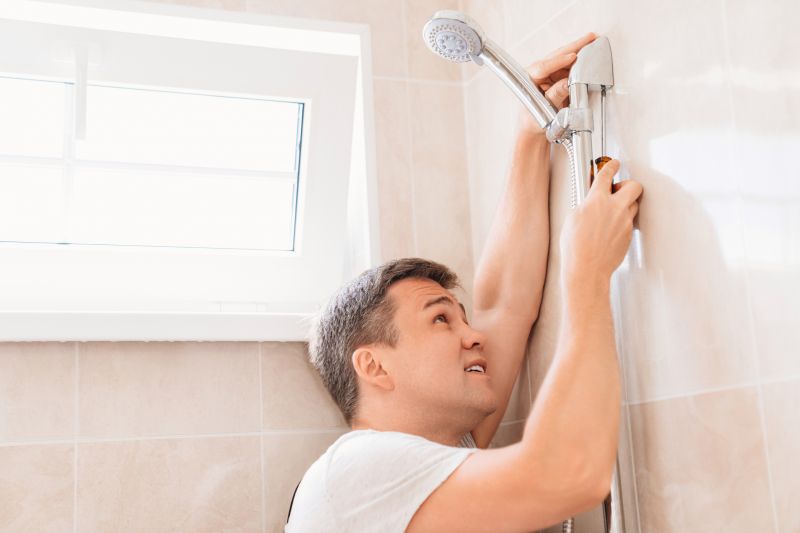
Close-up of essential tools used in shower installation projects.
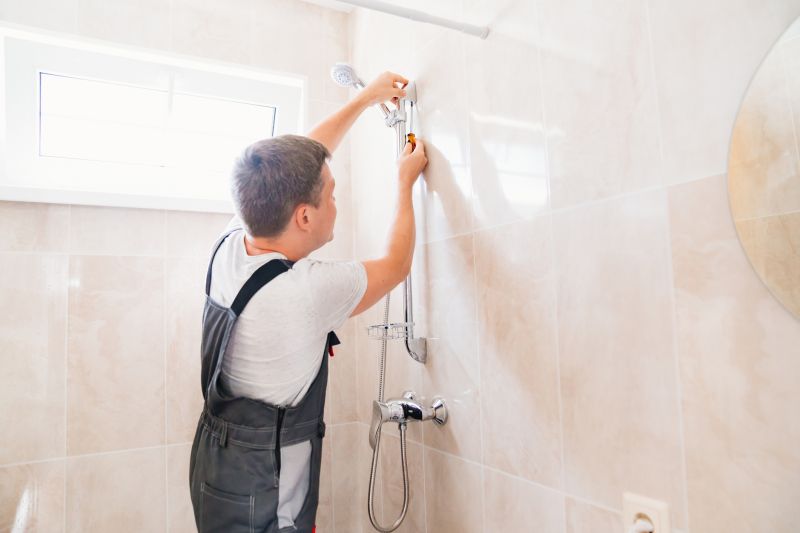
Image showcasing a finished shower installation with modern fixtures.
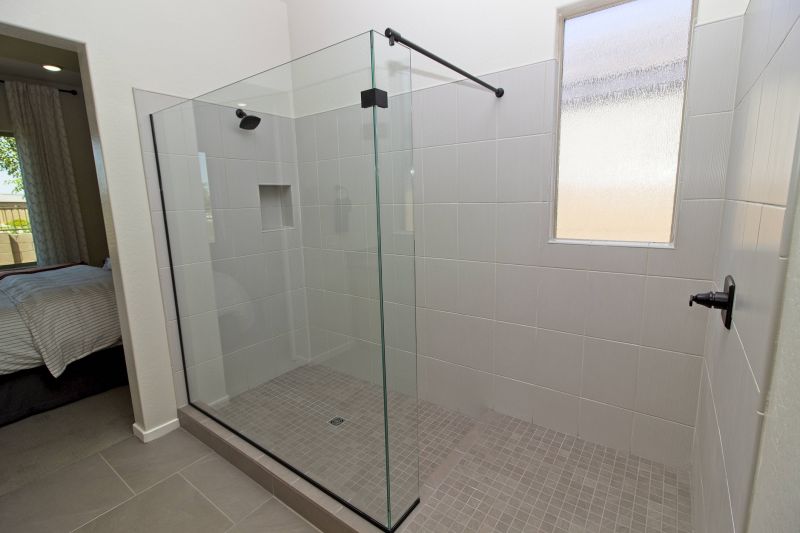
Ways to make Shower Installations work in tight or awkward layouts.
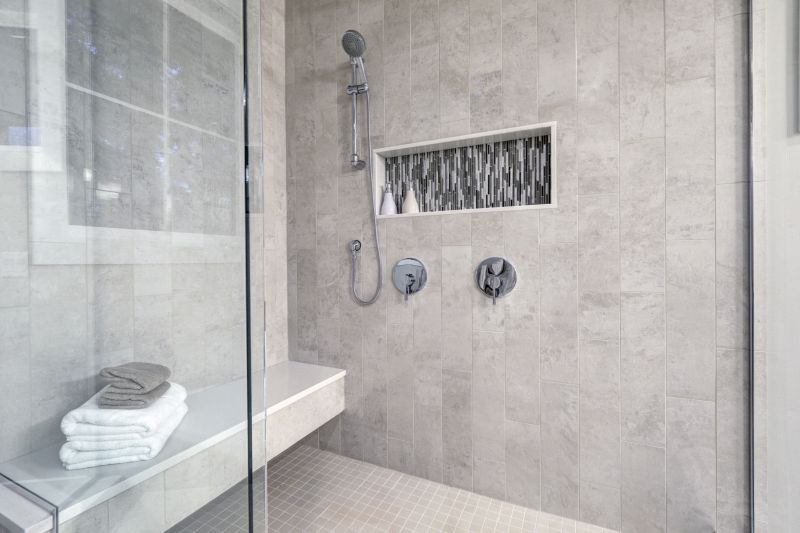
Popular materials for Shower Installations and why they hold up over time.
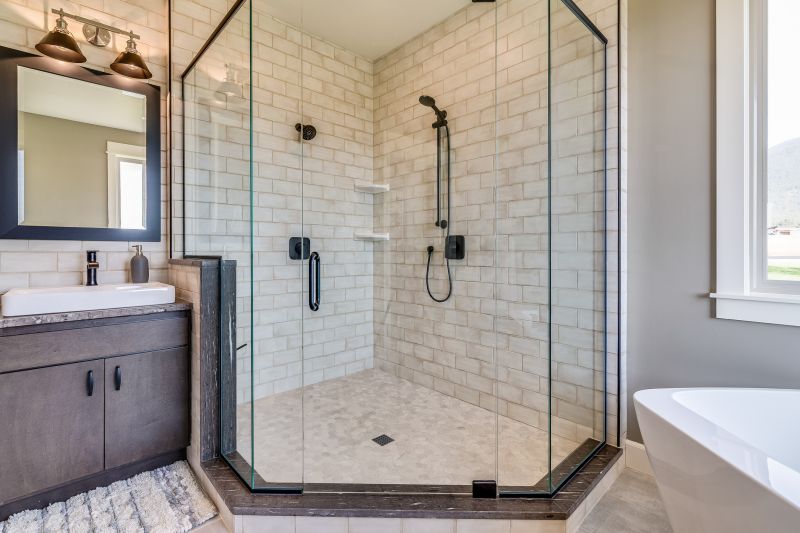
Simple add-ons that improve Shower Installations without blowing the budget.
| Factor | Optimal Timing |
|---|---|
| Weather Conditions | Spring or early fall for indoor projects |
| Project Size | Allow extra time for large or custom installations |
| Personal Schedule | Choose periods with minimal personal commitments |
| Supply Chain Availability | Plan during times of steady material supply |
| Contractor Availability | Schedule during off-peak seasons for better access |
Shower installations are a common upgrade for bathrooms, offering both aesthetic appeal and functional improvements. The process involves removing existing fixtures, preparing plumbing connections, and installing new units that meet specific design and performance requirements. Proper timing can reduce costs and minimize disruption.
Statistics indicate that scheduling renovations during off-peak seasons can lead to shorter project durations and lower labor costs. Indoor installations are generally unaffected by weather, but external factors like material delivery schedules can influence timing decisions.
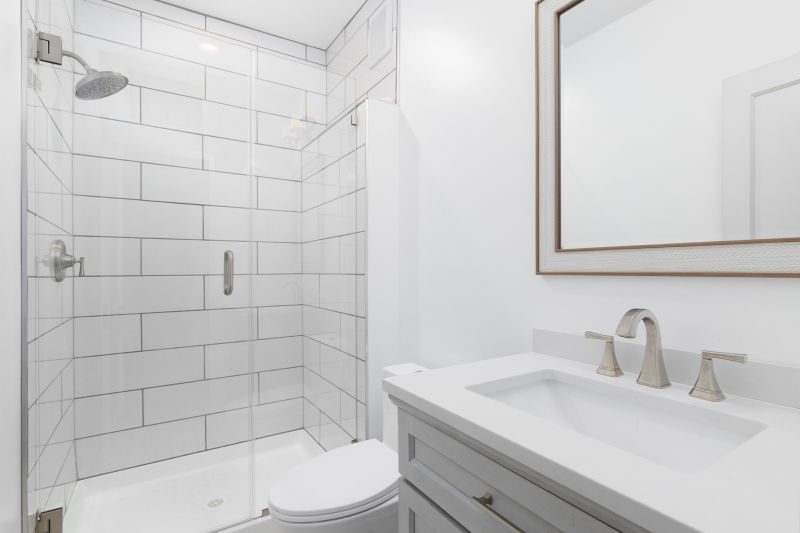
Various tiles, fixtures, and plumbing components ready for installation.
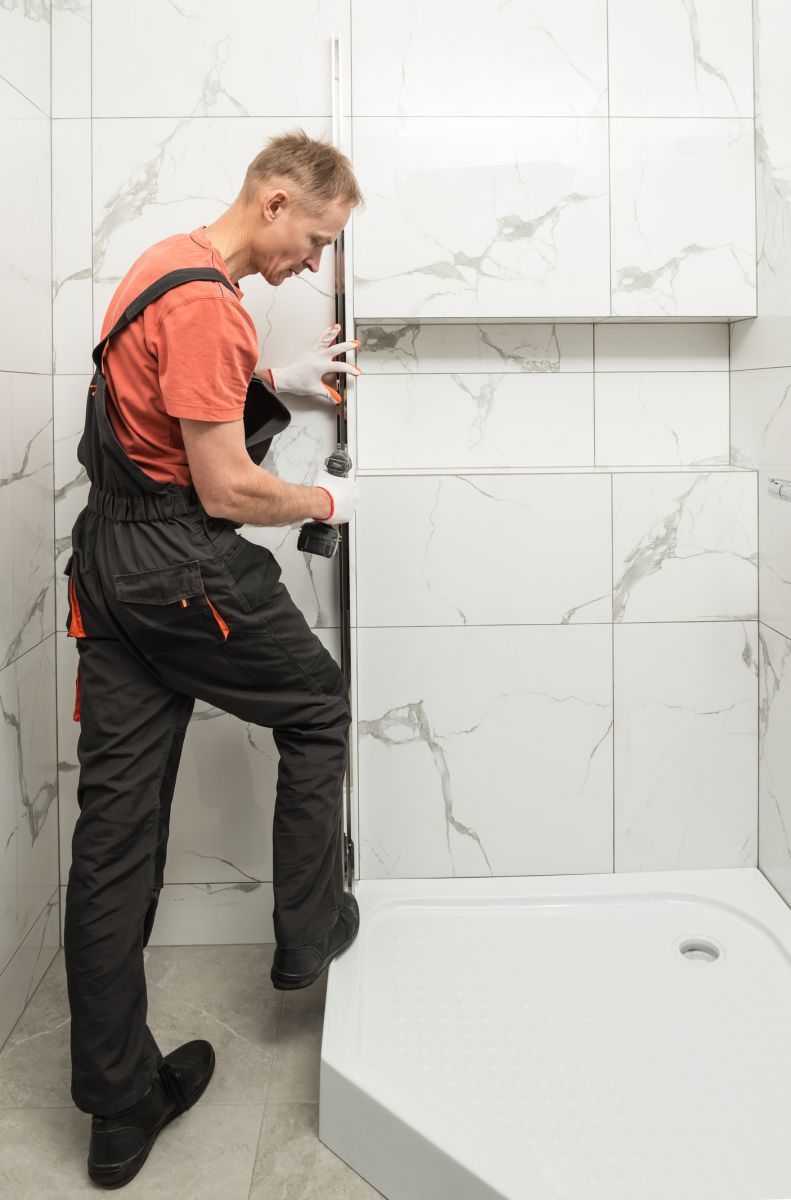
Technician carefully fitting shower components.
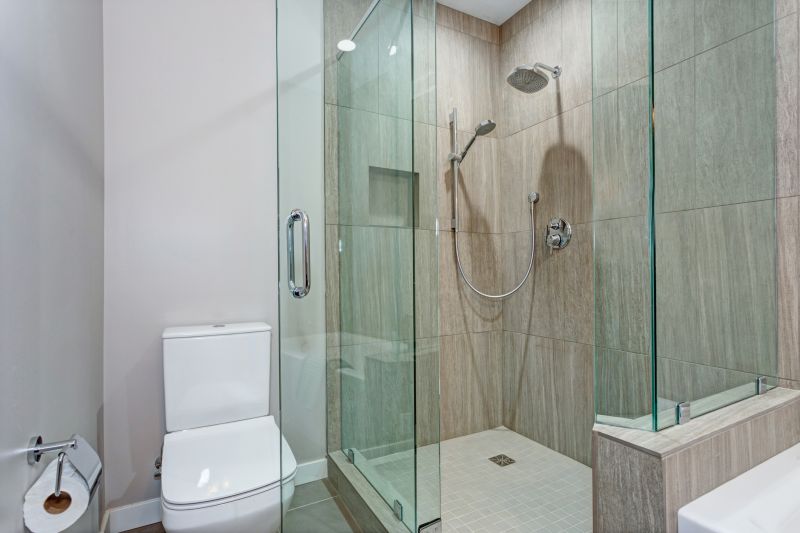
Renovated bathroom with new shower unit.
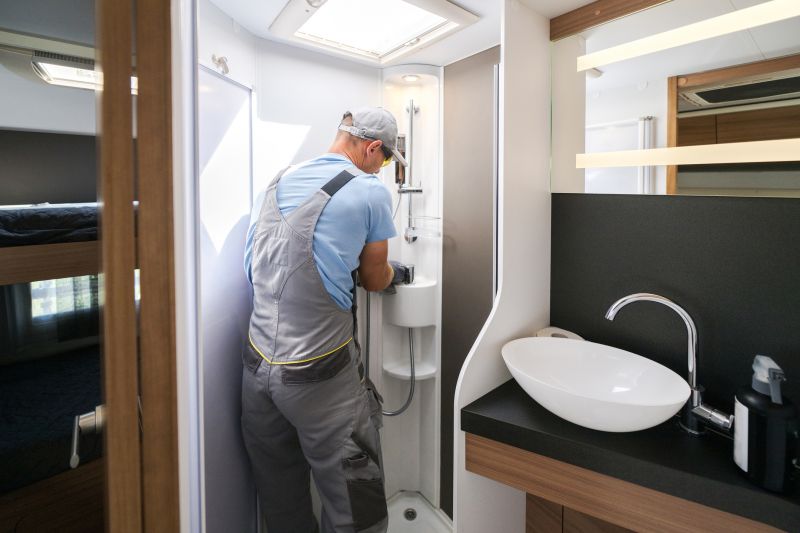
Design consultation for shower customization.
A: Installation duration varies from a few hours to a full day depending on complexity.
A: Indoor installations can be scheduled year-round, with spring and fall often preferred for scheduling flexibility.
A: While DIY is possible for simple setups, professional installation ensures proper function and compliance.
A: Weather, project size, material availability, and personal schedule are key considerations.
Interested in upgrading a shower? Filling out the contact form can provide tailored scheduling options and detailed project information to ensure a smooth installation process.


